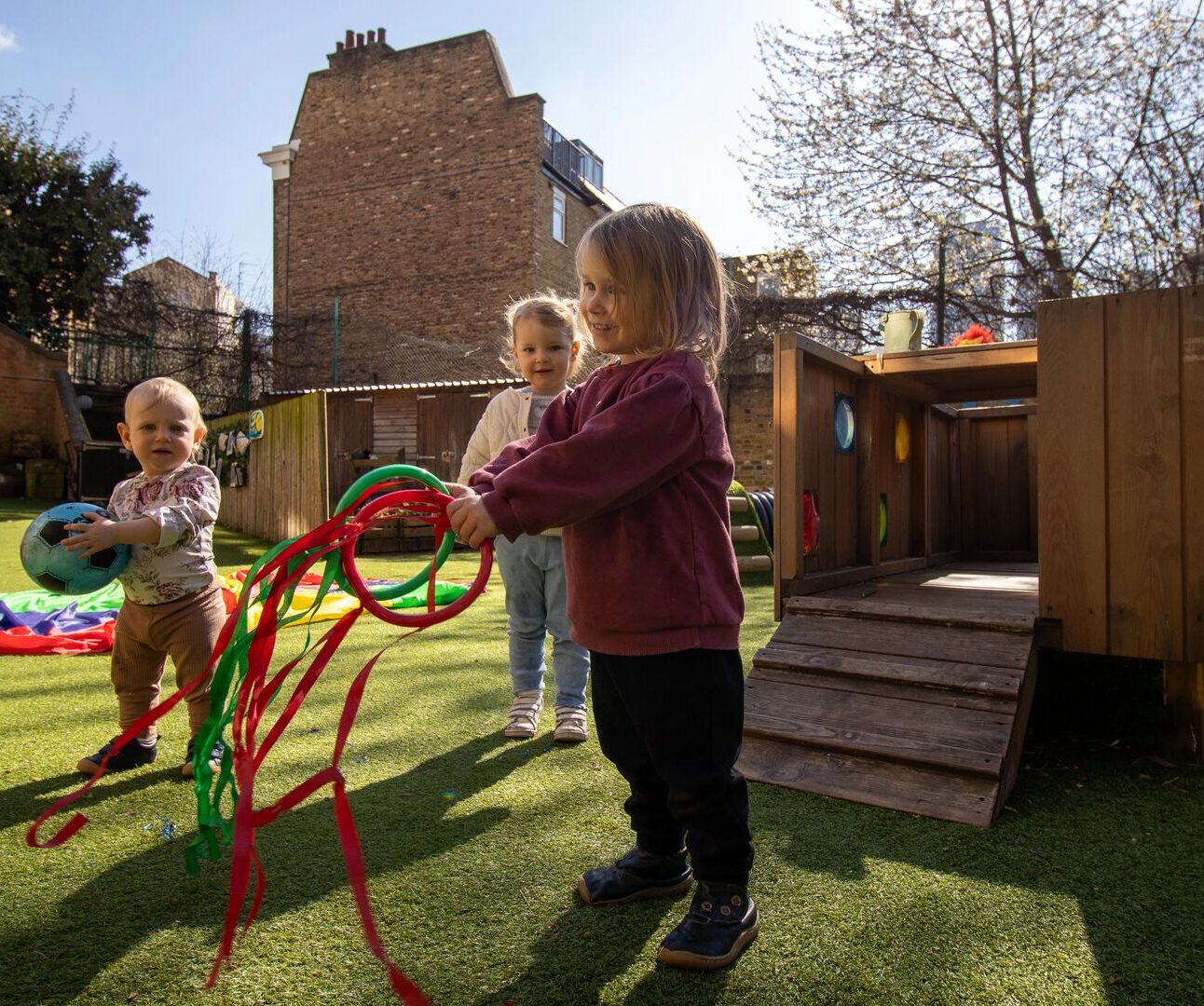
Another Consultation… This time, it’s Space
Just as the ink dries on the Ofsted consultation, up pops another. This time it’s about space, equally important and not to be overlooked. The Department for Education (DfE) has…
May 21st 2018
There is a lively debate afoot about consultation. It broke at the Firm Foundations and has now hit twitter so risks turning into 140 character soundbites.
It has come from a discussion about the Government’s action on the manifesto promise to reduce the complexity of the Early Years Pupil Profile and review the Early Learning Goals (ELGs). What has ensued is a powerful conversation, about how we best translate the idea of “simplified documentation” for the benefit of children and within a shared education philosophy.
The debate threw up was a question about consultation and advice. What is it? Who is providing it? Whose values matter? This was particularly referenced within:
1. The shared philosophical premise of early education
2. The concept of openness and transparency
3. The independence of advice
4. The issue of solutions to prop up ideology
5. The role of people as advocates for children who cant advocate on their own behalf
6. The challenge of personal values versus practical solutions
7. The fairness of who is chosen and appointed to advisory boards
When Government asks for input to a policy change that will impact on the children, they consult with the sector. However, it may be better if they refine this and ask for both consultation and advice because there is a subtle difference between the two. Consulting is typically considered a process to help uncover a specific problem and arrive at a solution while advising is usually a longer-term relationship. The advisor helps uncover problems, but more often gives direction as to where to go for help.
Being clear and open about who is being sought for consultation and who provides advice is key. We need broaden out the range of consultation and advice to shape different thinking, particularly when addressing obstinate and complex problems. The risks are clear. If the consultants offer the information that simply rubber stamps the Government policy with no challenge or deep analyses, it is weak and won’t stick. The debate about baseline and phonics probably best illustrate this. The same result occurs when advice is always sought from those people and organisations who are in receipt of Government funding. Their independence is questioned and their position is undermined and not trusted. I need not remind you about the former strategic partner fiasco.
There needs to be clarity and openness about the process of consultation and advice if we are to get a disparate sector to back a Government policy so parents and the public buy into it and that it works to benefit children.
If we are to reflect on the recent “When Harry met Meghan” wedding. There was no doubt quite a lot of consultation sought and advice given from a range of people including the Queen and the Archbishop of Canterbury to their best friends. The result was they broke with tradition, introduced some contemporary music and evangelical preaching and achieved their task which was to have a successful private and public wedding.
When seeking consultation and advice on big issues that raise passions and deeply impact on people’s values like the review of the ELGs, then I suggest the following steps should be taken:
If we are to do this, we need clean lines of communication and decision making. At LEYF we use our version of the RAPIDs which we learned from our work with the Bain Management Consultants. My constant refrain is “who has the D”?
R= Recommendation (What is the issue, problem, or challenge which needs addressing?)
A= Advice (Seek advice to help define the issue and contribute to the solution)
P = Performance (Which team will carry out the actual work?)
I = Input (Do we need further input from people in addition to advice?)
D= Decision (Who makes it? This is crucial to know to avoid confusion)
The importance of engaging the consultancy and advice of the sector is not to be under-estimated. We are trying to be a step ahead in noting emerging issues and resolving them effectively within the principles of early intervention. As a sector we need to be coherent and collaborative around a defined education philosophy. Small thinking and selfish behaviour around just getting our own way or seeking short term funds will not provide a worth legacy for future generations.
[please see our updated Privacy Policy here]

Just as the ink dries on the Ofsted consultation, up pops another. This time it’s about space, equally important and not to be overlooked. The Department for Education (DfE) has…

In Memory of Genevieve Meehan Tonight, BBC One North West and Yorkshire will air an investigative programme titled How Safe Are Our Nurseries? It follows the heartbreaking story of Genevieve…

The London OBC is coming on the 8th April 2025 We will be hosting it at Bain where we can take up to 100 people in person. This time…